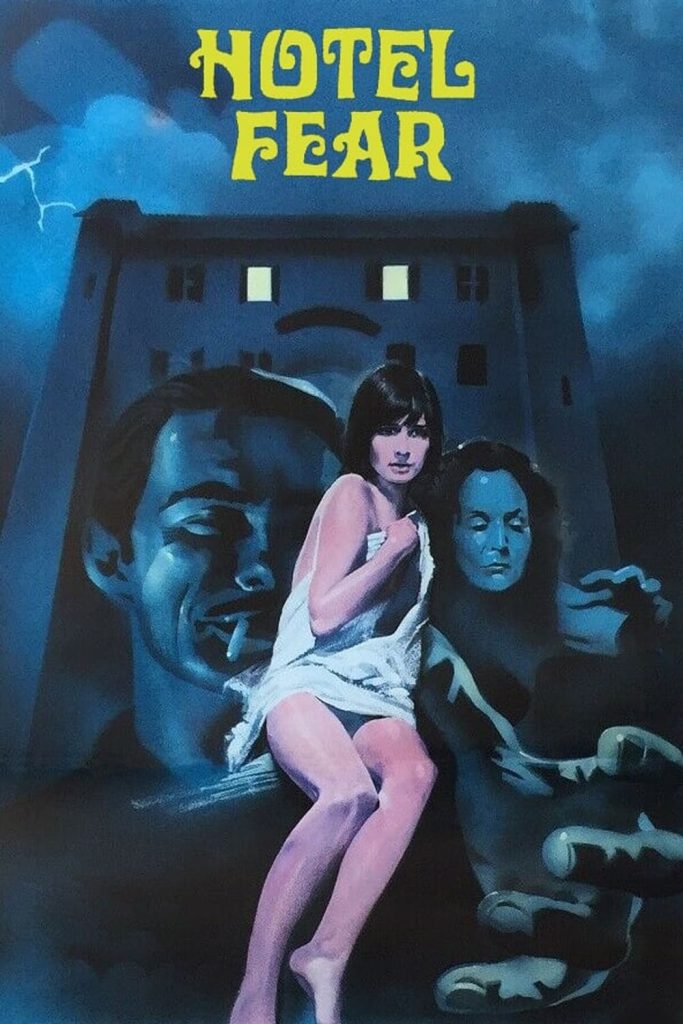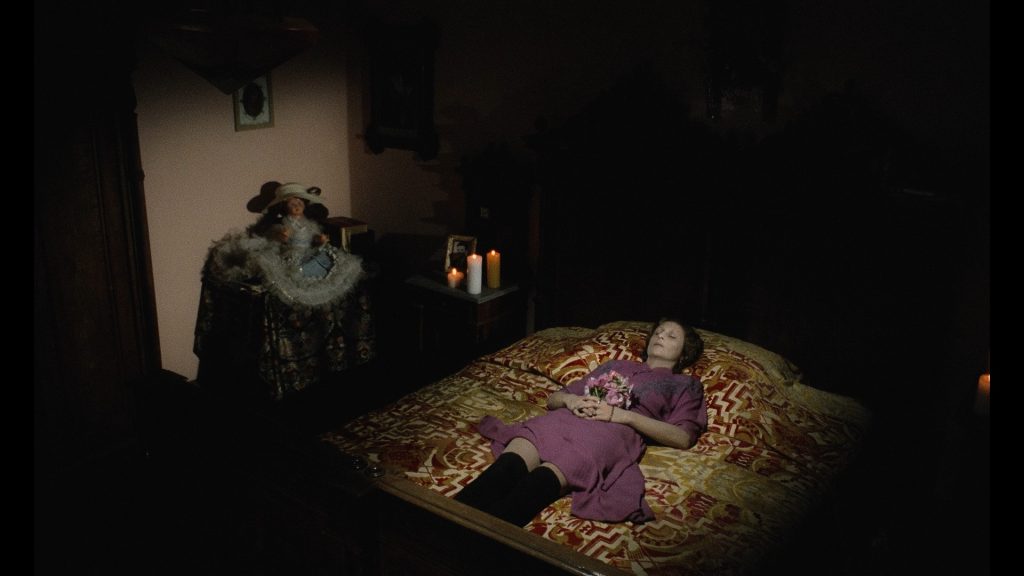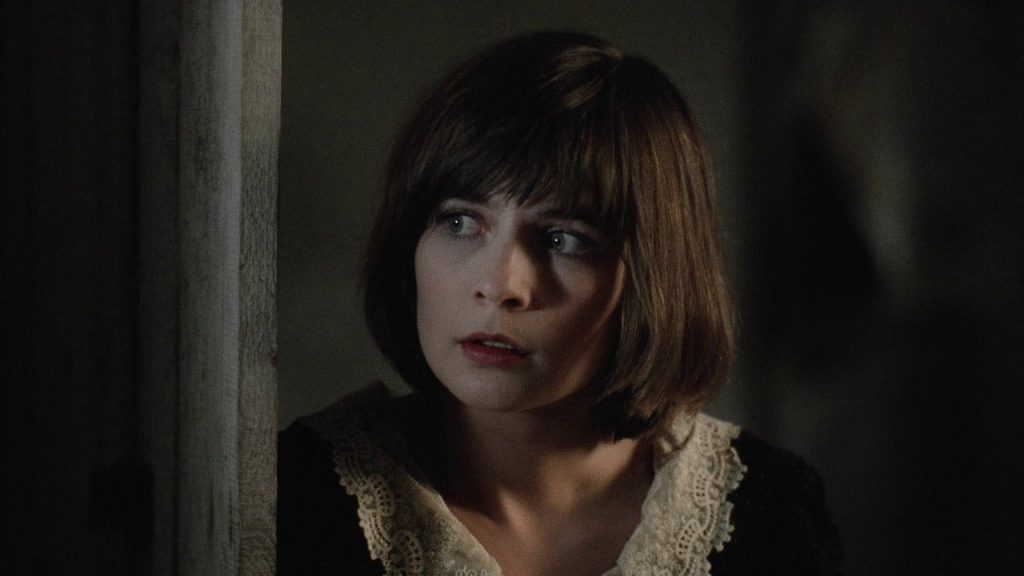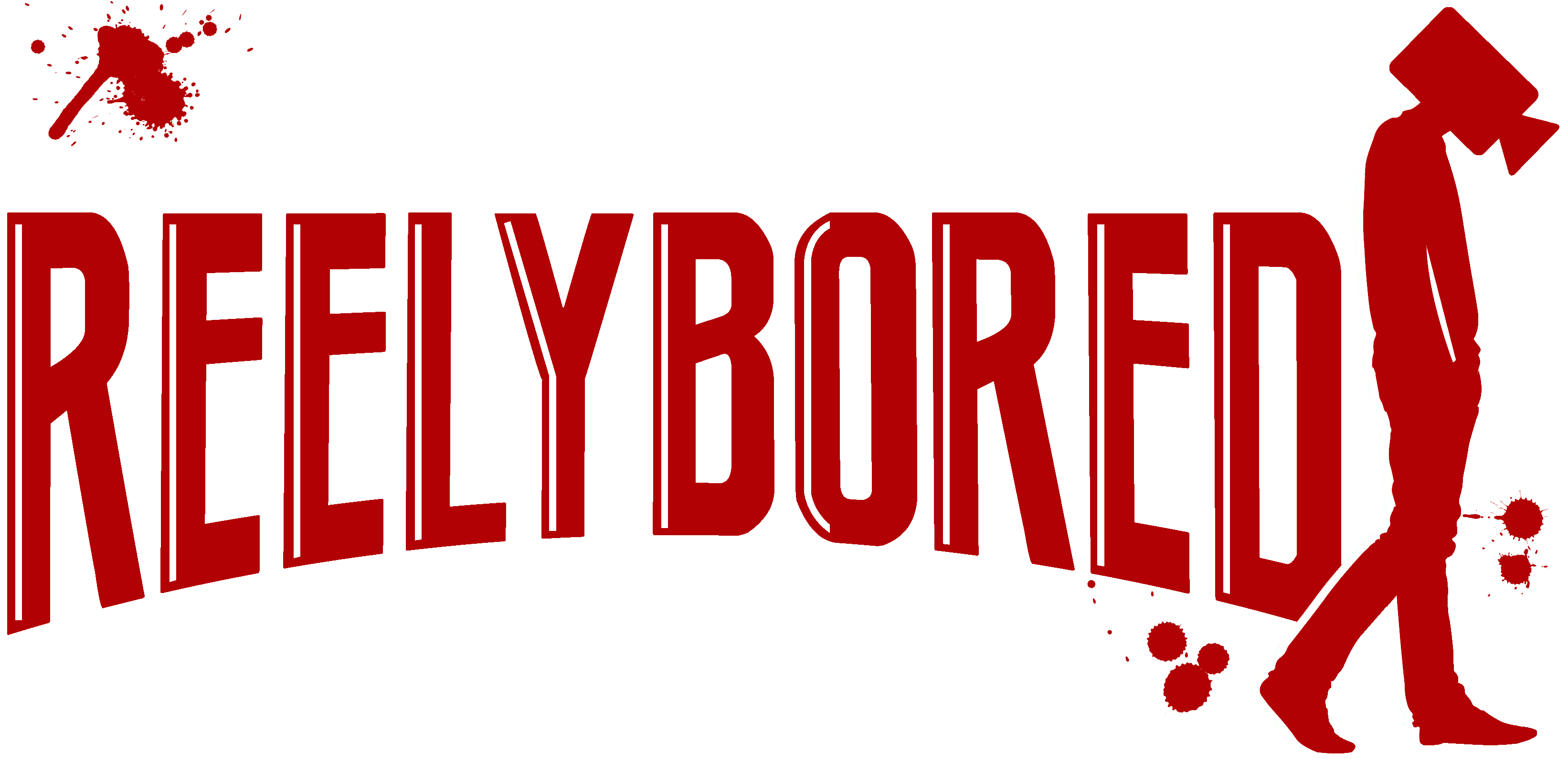
During World War II, teenage Rosa and her mother run a hotel in the Italian countryside, mourning over the death of her dead father. When the mother dies under mysterious circumstances, Rosa finds herself at mercy of her sex-crazed guests, but not before a hooded assailant, lurking in the shadows of the hotel, starts killing off each and everyone that tries to harm Rosa. Could it be her dead father back from the dead to avenge his daughter?
Giallo Film Review: Hotel Fear
With a title like Hotel Fear, one might expect a story set in a haunted hotel in a remote location. Instead, we’re presented with a tale of a mother and daughter striving to keep their hotel afloat amidst the tail-end of World War II. The main issue isn’t necessarily the war itself, but rather the influx of shady and unsettling guests staying at the hotel. They all share one disturbing trait: an insatiable and aggressive sexual drive, putting Rosa (Leonora Fani) at constant risk of exploitation following the unexpected death of her mother, Marta (Lidia Biondi), while she longs for the return of her father who’s away at war. With no one to protect her, Rosa finds herself in a dire predicament, seemingly doomed at the hands of the erratic tenants.

Director Francesco Barilli, following up his acclaimed film The Perfume of the Lady in Black (Il profumo della signora in nero) four years later with Hotel Fear, impresses once again, particularly with memorable film scores present in both works. Hotel Fear manipulates our senses much like Rosa is tormented by the surrounding conditions, including the looming war, which terrifies all the patrons with the sounds of bombs and planes heading to destroy their targets.

The film walks a fine line between sleaze and art, depicting graphic scenes of aggression towards women and sexual assault. The characters’ ordeal unfolds like a free-for-all, hinting at the imminent end of their world with World War II at their doorstep. Perhaps it symbolizes society’s breakdown during that time, with the hotel patrons indulging in dark fantasies before their inevitable demises, or mirroring the chaos and madness outside. Hotel Fear descends into chaos, breaking sanity and order, including Rosa’s innocence, as she succumbs to the turmoil. The surreal actions and sequences leave the viewer questioning their own sanity, providing a glimpse into the surreal experience of living through World War II and the fear of the unknown.
Hotel Fear boasts several strengths, including the brooding atmosphere emitted by the hotel, the hauntingly beautiful score by Adolfo Waitzman and the convincing performances by the cast. While I went into this film expecting more sleaze than story, the film offers little of the typical giallo elements, carving its path distinct from Dario Argento’s films. Instead, it serves as a captivating portrayal of societal breakdown in the absence of law and order. Hotel Fear pleasantly surprises, standing the test of time and rivaling more renowned films of its era.
